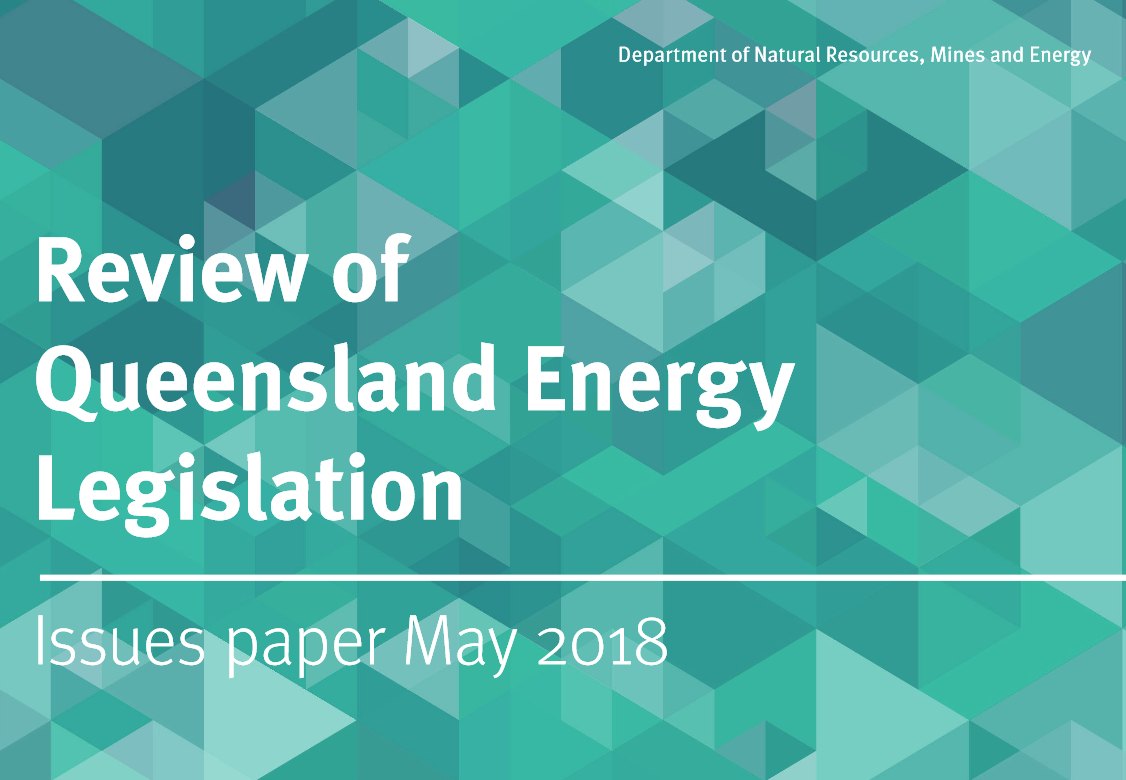
A 10-yearly review of the laws that regulate energy in Queensland kicked off this week with an issues paper released – and submissions from all interested parties are invited.
The revamping of laws will need to take into account just how fast the energy landscape has transformed since the last time around – for example, new generation solar battery systems such as Tesla Powerwall hadn’t appeared at that point (Powerwall wasn’t announced until 2015).
Also relatively new on the scene are services and business models such as power purchase agreements (PPAs), solar leases and remote control and management of home energy.
Looking ahead, the review will also need to take into consideration impacts relating to the uptake of technologies such as electric vehicles, not to mention a bunch more solar power coming online in the state. As well as continued significant uptake of home systems, a big chunk of capacity will be associated with very large projects such as the proposed 1,500 MW solar farm east of Harlin we mentioned earlier this week.
While there have been nips and tucks to rules and regulations along the way, amendments tend to focus on particular issues – this will look at how legislation functions as a whole.
“Our current laws were framed in the 2000s and don’t even recognise incoming battery technology or off-grid scenarios where customers are entirely energy self-sufficient,” said Energy Minister Dr Anthony Lynham. “This review will ensure we have the regulatory framework in place to integrate emerging technologies and to continue to provide secure and reliable supply statewide.”
The Palaszczuk Government is keen to see revamped legislation support its Affordable Energy Plan and target of 50 per cent renewable energy by 2030.
The review relates to three Acts – Electricity Act 1994, the Gas Supply Act 2006 and the Energy and Water Ombudsmen Act 2007.
The issues paper (PDF) raises questions in relation to the following areas:
- Interaction with other laws
- Existing provisions in legislation
- Licensing
- Price control
- Powers of entry and resumption
- Emergency powers
- Energy efficiency and demand management
- Technical requirements
- Offences and enforcement
- Customer protections
- Dispute resolution
- Differential treatment of electricity and gas
The issues paper acknowledges the importance of getting things right and current.
“Poorly targeted or out of date regulation can lead to perverse outcomes including barriers to innovation and competition, and unnecessary cost,” it states.
Submissions are open until June 19. The review will then progress to the production of a consultation Regulatory Impact Statement (RIS) late this year, followed by proposed reforms mid-2019.

 RSS - Posts
RSS - Posts



Speak Your Mind